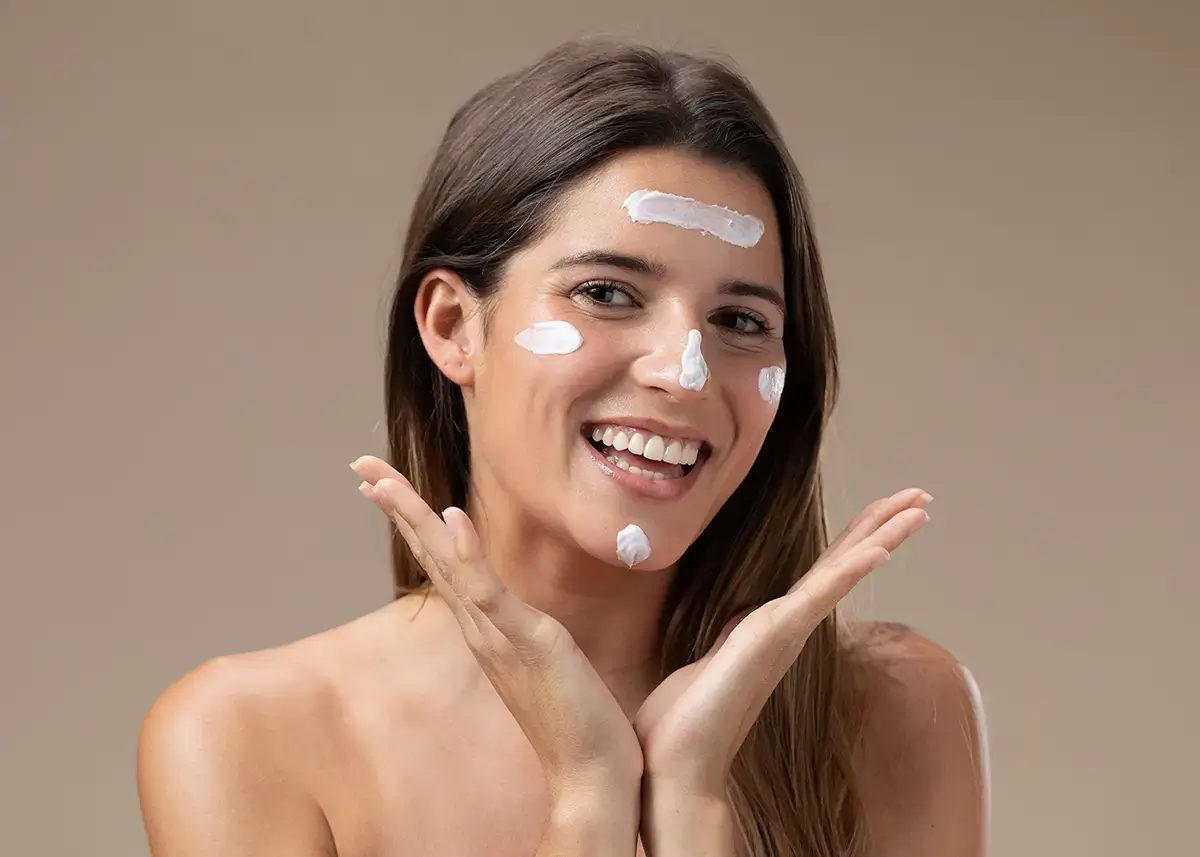Sun Protection: How to Choose the Right SPF for Your Skin
Sun Protection Factor (SPF) is one of the most crucial elements in a skincare routine, especially in a world where sun exposure is inevitable. SPF indicates the level of protection a sunscreen provides against damage from ultraviolet B (UVB) rays, which are responsible for sunburn and can contribute to skin cancer. Understanding what SPF is and how to choose the right product for your skin type is essential for ensuring effective protection.
Recently, the World Health Organization (WHO) highlighted that sun protection is a key preventive measure in the fight against skin cancer. In a 2022 study, the WHO revealed that excessive sun exposure is responsible for approximately 90% of non-melanoma skin cancer cases. Therefore, choosing the right SPF is not just a matter of cosmetic care but a public health issue.
What is SPF?
SPF is a number that indicates the level of protection a sunscreen offers against UVB rays. For example, an SPF 30 sunscreen means that the skin can theoretically be exposed to the sun 30 times longer without burning compared to no protection. However, this number is not an absolute guarantee, as factors such as sun intensity, skin type, and amount of product applied also influence effectiveness.
The Brazilian Society of Dermatology (SBD) recommends using sunscreens with a minimum SPF of 30 for most people, while SPF 50 is ideal for those with more sensitive skin or who are exposed to the sun for extended periods. It is also important to note that SPF does not indicate protection against UVA rays, which are also harmful and can cause premature aging.
How to Choose the Right Sunscreen
Choosing the right sunscreen depends on various factors, including skin type, sun exposure level, and activities performed. For oily or acne-prone skin, oil-free and non-comedogenic formulas are recommended. For dry skin, sunscreens with moisturizing ingredients can help keep the skin healthy and comfortable.
People with sensitive skin or specific conditions, such as rosacea, should look for products formulated for sensitive skin, which are usually free from fragrances and other irritants. Additionally, for outdoor activities or sports, it is essential to choose a water-resistant and sweat-resistant sunscreen.
Application and Reapplication
The effectiveness of sunscreen is also related to proper application and regular reapplication. The American Academy of Dermatology recommends applying a generous amount of sunscreen, about one teaspoon for the face and one tablespoon for each exposed part of the body. The product should be reapplied every two hours and after swimming, sweating, or towel drying.
Additional Considerations
In addition to SPF, sun protection should include other factors such as broad-spectrum protection, which ensures defense against both UVB and UVA rays. It is also important to remember that sunscreen use should be combined with other forms of protection, such as wearing hats, sunglasses, and protective clothing.
Recent Data and Recommendations
According to the WHO, in 2023, cases of non-melanoma skin cancer increased globally, reflecting the growing need for effective sun protection practices. The SBD, in its most recent guidelines, emphasizes the importance of adopting sun protection habits from an early age to prevent long-term damage.
Conclusion
Choosing the right SPF is a crucial step in protecting your skin from sun damage and maintaining long-term health. Considering your skin type, level of exposure, and following application and reapplication recommendations will ensure effective protection. Don’t underestimate the importance of a good sunscreen; it is one of the most effective defenses against skin cancer and premature aging.
Sources Consulted
- World Health Organization (WHO).
- Brazilian Society of Dermatology (SBD).
- Ministry of Health.














